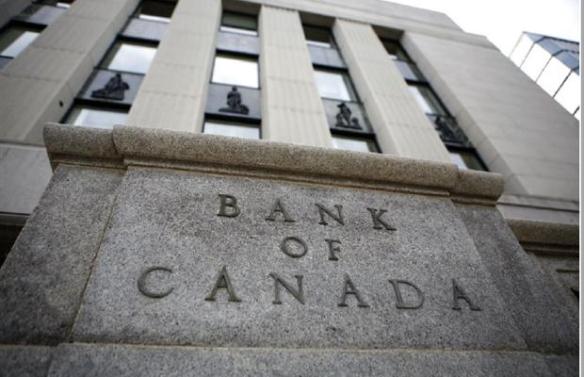
An amazing legal decision came down last week in Canada on Monday, January 26, 2015, in Toronto. Effectively, two individual Canadians and COMER COMMITTEE FOR MONETARY AND ECONOMIC REFORM confronted the government in the Canadian federal court. The Bank of Canada is wholly owned by the people of Canada for it was nationalized in 1938.
The Canadian Appellate Court has thrown out the punitive damage claims of COMER and allowed the Declaratory Judgment to proceed with respect to the constitutional authority of the current operations of the Bank of Canada.
While some are jumping for joy, the simple reality – this is a statutory challenge. That means the politicians can simply revise the statute and correct the problem. This is not a challenge on the legality of a government to even borrow money. There is a subtle yet important distinction legally speaking. A constitutional challenge to that authority is not likely to win. Historically, however, the King under common law HAD NO RIGHT to tax the people. He would have to summon Parliament to ask for its consent on behalf pf the people to levy taxes. Taxes were allowed ONLY to defend the nation in times of war. This naturally created the incentive for war. Over time, career politicians resulted in a switch of roles. No longer would Parliament truly represent the people, it became the government indistinguishable from the king.

Prior to the 13th century, the king made money exclusively by fining people, which were called “amercementsâ€. At the time of Magna Carta, the right to a jury trial was established to stand between the king and the accused. The contemporary writers of the time said that there was hardly a man in England who had not been amerced once or twice a year for something. The king’s abuse of amercements became notorious and thus establishing rights was forced upon King John in 1215.
The question really becomes constitutionally, DOES THE STATE (King) have the right to tax the people? Is socialism really constitutional under equal protection of the law? The US Supreme Court upheld the proportionality of taxation without any real historical precedent. That decision was really a singleton in law and violated the democratic principles to begin with since the people never voted on such an issue. It was in Brushaber v. Union Pacific Railroad Company, 240 U.S. 1 (1916) when the Supreme Court indicated that the amendment did not expand the federal government’s existing power to tax income (meaning profit or gain from any source) but rather removed the possibility of classifying an income tax as a direct tax on the basis of the source of the income. The Amendment removed the need for the income tax to be apportioned among the states on the basis of population. Income taxes are required, however, to abide by the law of geographical uniformity. The court said: “the 16th Amendment provides for a hitherto unknown power of taxation; that is, a power to levy an income tax which, although direct, should not be subject to the regulation of apportionment applicable to all other direct taxes.â€Â Therein, the Supreme Court allowed Marxism to overrule the Constitution of the United States by taking the negative position the 16th Amendment did not impose a proportionality test. This type of interpretation was actually unconstitutional for instead of strict interpretation, it use the broadest possible interpretation.

